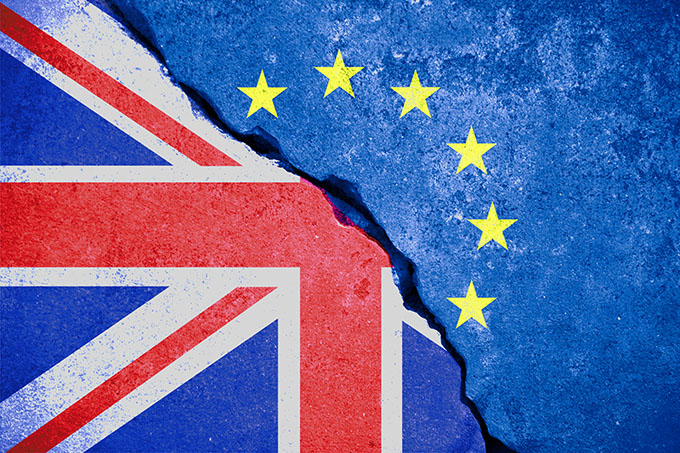The Federal Statistical Office of Germany released its trade balance figure, which showed a surplus of 18 billion euros in July, way over the analysts' expectations who foresaw it to be at 16 billion, and after being at 14.5 billion in the previous month.
Exports advanced 4.7 percent in July (month-to-month), still considerably lower than the previous month's 14.9 percent and below the analysts' expectations who foresaw it to be at 5 percent. In the same way, imports climbed 1.1 percent in July, after increasing by 7 percent in the previous month, analysts expected it to advance by 3.3 percent. July's current account stood at 20 billion euros, below the analysts' expectations who foresaw it to be at 20.3 billion and below the previous month's 20.4 billion.
The French Ministry of the economy reported a trade deficit at -6.99 billion euros after contracting by 8.06 billion euros in June. July's current account stood at -6.2 billion after being at -8.6 billion on the previous month, over the analysts' expectations who foresaw it to be at -11.1 billion euros. Imports amounted to 42.53 billion euros after being at 40.48 billion euros in the previous month, while exports were at 35.54 billion euros, after amounting to 32.42 billion euros in the previous month.
The National Institute of Statistics and Economic Studies released the quarterly nonfarm payroll figure, which contracted by 0.9 percent in the second quarter, below the previous month's 0.6 percent contraction. Analysts expected it to remain unchanged. They also reported that the French economic activity is at 95 percent of pre-coronavirus levels in the third quarter, after being at 81 percent of pre-virus levels in the previous one.
 The Brexit political crisis continues worsening, given the unwillingness of both parts to reach a common ground. Recently the media reported that the United Kingdom government was attempting to pass legislation that would violate the terms of its agreement with the European Union. The European Union's Chief Negotiator, Michael Barnier expressed his concern, commenting that the negotiations were difficult and accusing the UK of wanting "the best of both worlds".
The Brexit political crisis continues worsening, given the unwillingness of both parts to reach a common ground. Recently the media reported that the United Kingdom government was attempting to pass legislation that would violate the terms of its agreement with the European Union. The European Union's Chief Negotiator, Michael Barnier expressed his concern, commenting that the negotiations were difficult and accusing the UK of wanting "the best of both worlds".
The UK Housing Minister Robert Jenrick stated that if the European Union is not flexible then the UK will have to leave the EU with an " Australia-style deal", though highlighting the UK's preference for a Canada-style agreement.
By 7:40 GMT the Euro went down by 0.04 percent against the US dollar, going down to the 1.1813 level. In the same way, the Pound Sterling dropped by 0.30 percent against the greenback, falling to the 1.3127 level.
Nishimura: Japan Already Showing Signs of Recovery
Japan's Economy Minister, Yasutoshi Nishimura announced that the economy is already showing signs of recovery, highlighting that household income is increasing. However, he said that the effects of the late rise in infection numbers and the hot temperature on consumption should be watched on.
Chief Secretary Yoshihide Suga announced that the Japanese government is planning on expanding the coronavirus testing capacity and wants to make sure everyone has access to coronavirus vaccines. He added that protecting jobs and businesses continues being a priority, highlighting the importance of protecting people's lives while aiming to expand the economy.
By 7:40 GMT the US dollar remained steady against the Japanese Yen, at the 106.26 level.

